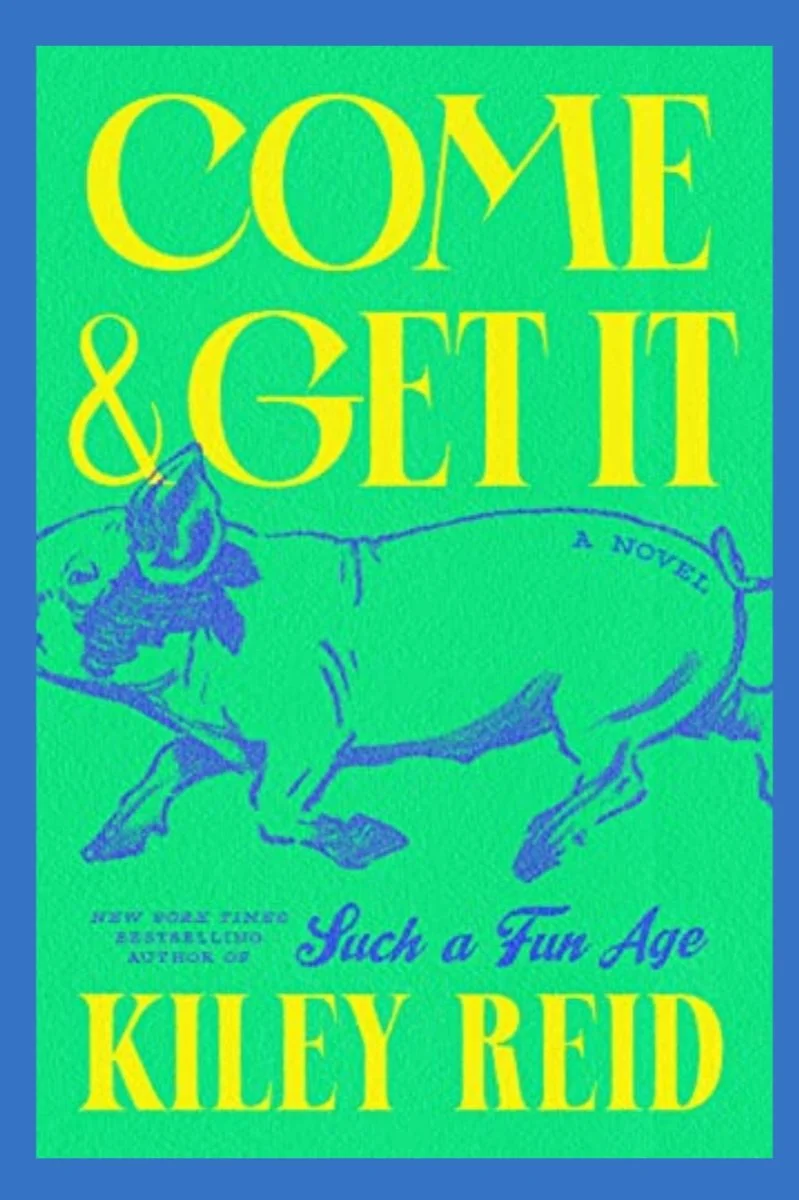March: Books One-Three – John Lewis and Andrew Aydin
One of the things I’ve come to enjoy most about graphic novels is how the format strips the narrative down to only its key parts. It’s a wonderful nonfiction alternative for people who shy away from the genre out of concerns about remaining interested in a single topic over hundreds of pages.
For readers that want to brush up on the Civil Rights Movement of the 1960s, the “March” series is an exemplary feat of storytelling that exposes the hypocrisy, violence and injustice that spurred the movement while celebrating the everyday people who protested – and died – for desegregation and the passing of the Voting Rights Act.
Told through the personal experiences of Congressman John Lewis, each of the three books acts as part-memoir and part-historical record. This balance helped bring the efforts of the Student Nonviolent Coordinating Committee (SNCC), of which he was chair, and other civil rights groups to life in a way standard nonfiction cannot.
While the storytelling is simplistic due to the format, this is not a sugar coated story.
Nate Powell’s illustrations made this an immersive read, pulling no punches depicting the violence nonviolent protesters faced and the hateful words and actions of segregationists. You don’t just read about the violence, you experience it.
I also appreciated that Lewis, and his co-author and policy advisor Andrew Aydin, discussed the infighting and roadblocks that led to high emotions and failed initiatives among the various civil rights organizations.
While history has focused on certain players, Lewis reminds us that there were many unsung heroes and various perspectives. These three books emphasized the intricacies and tenuous path change can take.
March: Book One
Starting on January 20, 2009 — Barack Obama’s inauguration day — it’s a poignant date for the world, but also for Lewis who recognizes that he’s the only surviving “Big Six” to witness it.
The first half, which focuses on Lewis’ childhood and early ambition as a preacher, is a little choppy with frequent shifts in time and place with little transition or continuity, but the collaborators found their rhythm by the end.
It was interesting to learn what prompted Lewis’s interest in the movement — a visit to New York state, first hearing Dr. King speak on the radio and the death of Emmett Till — which started with sit-ins at segregated lunch counters in Nashville while he was a college student.
The authors spotlight many regional protests and key players, specifically in Arkansas and Tennessee, to illustrate how important coordinated, grassroots mobilization was to early successes.
Rating (story): 4/5 stars
Dates read: December 27, 2023 - January 1, 2024
March: Book Two
Hyper-focused, violent and inspiring, “Book Two” is the strongest in the series and an exceptionally crafted diary of protest and injustice. This is full contact reading; it will make your heart race and your blood boil.
Encompassing the Freedom Rides that challenged segregated seating on buses in 1961 and culminating with the March on Washington in 1963, the collaborators packed a lot of story into less than 200-pages.
Harrowing depictions of angry local mobs, treatment while incarcerated after peaceful protests and sound bites from southern politicians and the Kennedy administration, added layers and perspectives beyond our primary author.
What I found most interesting, however, was Lewis’s behind-the-scenes peek at the infighting and ideas that almost derailed parts of the March on Washington. We’re given an almost rose-colored view of the planning and execution of the event today, but that was far from reality.
Rating (story): 5/5 stars
Dates read: January 1 - January 6, 2024
March: Book Three
Covering the tumultuous period between 1963-1965, “Book Three” is the longest and most narratively dense in the series.
My primary complaint is that the primary focuses — the Selma to Montgomery marches and politics leading to the passage of the Voting Rights Act — were not given as much breathing room as the centerpieces of the previous books.
From the harrowing portrayal of the violence in Selma to the experiences of Fannie Lou Hamer and the divisive Democratic and Republican National Conventions of 1964, the collaborators give context to violence, death, anger and fatigue that gripped the U.S.
While Powell’s illustrations are great throughout the series, this is his strongest work, bringing the duality of melancholy and joy that defined the era to life. There are certainly more detailed books available about this time period, but this one serves as a great refresh - or introduction - to readers of all ages.
Rating (story): 4.5/5 stars
Dates read: January 6 - January 9, 2024
Rating (series): 4.5/5 stars
Rating (narration): N/A
Format: eBooks (library loans)
Dates read: December 27, 2023 – January 9, 2024
Multi-tasking: N/A





